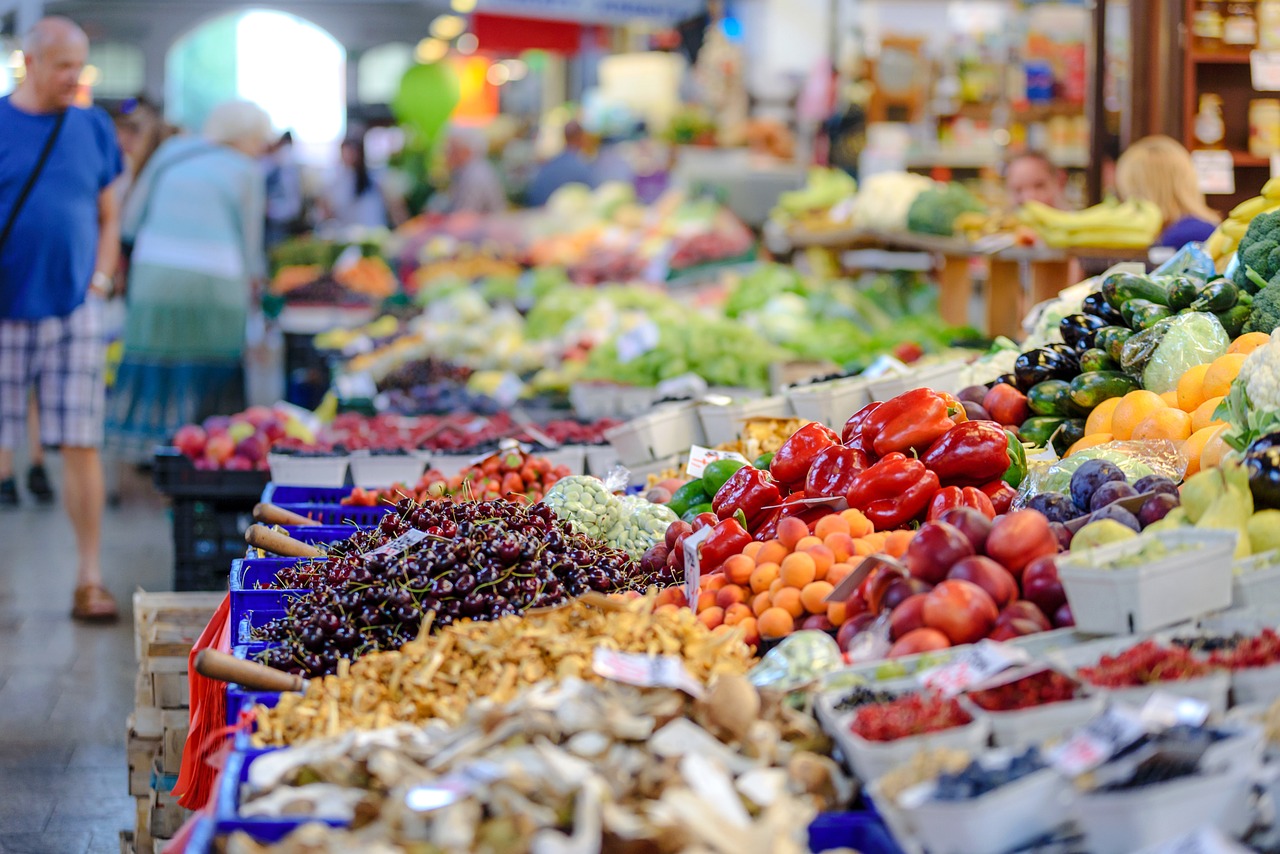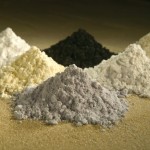Heat-related crop failures and increased food prices can have significant economic implications.
Table of contents [Show]
Reduced Crop Production
High temperatures, coupled with water scarcity, can lead to crop failures, reduced yields, and poor-quality produce. When crops fail or produce less, it affects the overall supply of food in the market.
Decreased Agricultural Revenue
Crop failures can result in decreased revenue for farmers. This has a direct impact on the income and livelihoods of farmers, especially those who rely solely on agriculture.
Increased Food Prices
When there is a decrease in crop production, the supply of food in the market is reduced. With fewer crops available, the demand for food can outweigh the supply, leading to increased food prices.
Inflationary Pressure
As food is a basic necessity, the increased cost of food can influence the prices of other goods and services. This can create inflationary pressure, where the general price level of goods and services increases. This makes it more expensive for individuals and businesses to meet their needs.
Food Security Concerns
When there is a decrease in crop production, it can affect the availability and accessibility of food for both domestic consumption and export. This can have implications for a country's ability to feed its population and fulfill international trade obligations.
Economic Impact on Farmers and Agriculture Sector
The agriculture sector contributes significantly to the economy, and any disruptions can have ripple effects. Reduced agricultural revenue can lead to decreased investments in the sector, lower employment opportunities, and a slowdown in rural economies.
Global Market Effects
In an interconnected global economy, crop failures in one region can affect food prices and even food availability in other parts of the world. This can impact international trade, and import-export dynamics, and potentially lead to geopolitical tensions related to food security.
Investing in climate-resilient agriculture, improving irrigation, diversifying crops, and supporting farmers can address the economic impacts of heat-related crop failures and high food prices, ensuring stable supply and affordability.








